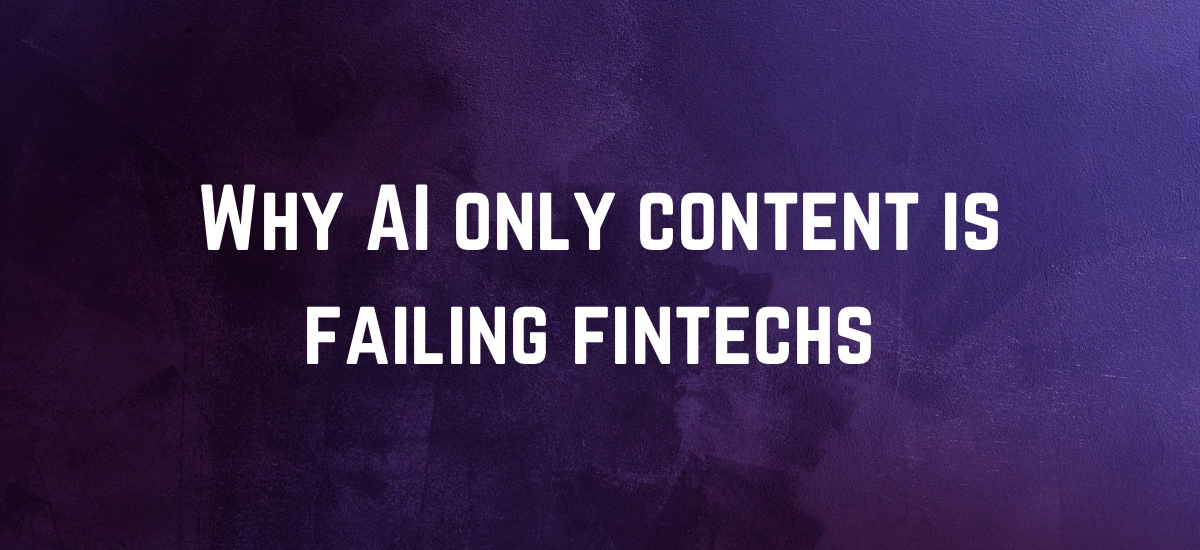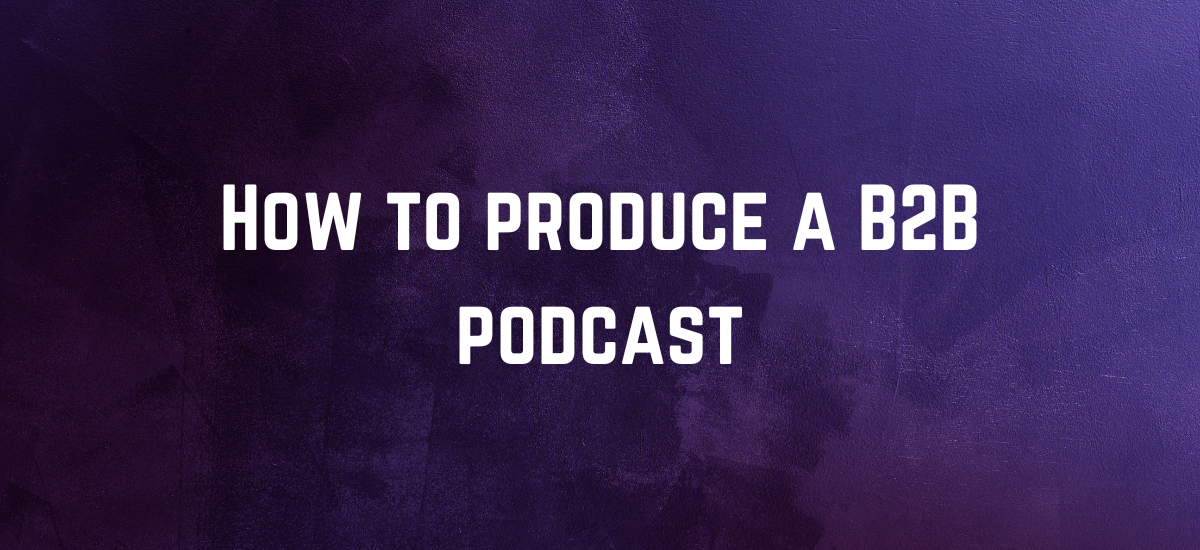by deborah
Share
by deborah
Share

Content marketing costs 62 per cent less than traditional marketing tactics and generates approximately three times as many leads. It’s no wonder 90 per cent of companies use content marketing as part of their strategy!
If you’ve been writing and publishing content on your financial services business website for a while, you likely want to know how well your efforts are working and if you’re seeing returns on your investments.
How do you measure the ROI of your content marketing strategy? Find out below.
The Challenge with ROI Calculation
Return on investment is a ratio comparing your business’s revenue to your spending (in this case, your spending on content marketing). The basic equation looks like this:
Return – Investment / Investment X 100
Calculating ROI for content marketing can be trickier than other aspects of your business because content marketing is all about the long game. It takes a while (sometimes several months) to see results from publishing blog posts or eBooks online — but that doesn’t mean they aren’t working.
How to Measure the ROI of Your Content Marketing
Measuring your content marketing ROI is challenging but not impossible. Here are some specific tips and strategies you can use for your calculations:
Include All Factors In Your Investment
Some marketers make the mistake of only including the amount spent on a particular article or eBook when calculating ROI.
There are many other factors besides the $100 spent on the content itself. You also have to consider things like labour costs, ad spending, and software subscriptions. You must include all this information to ensure an accurate number from your calculations.
Set Google Analytics Goals
Google Analytics is a valuable asset for marketers looking to measure progress and performance.
Setting specific Google Analytics goals will help you evaluate your content performance and understand how your business is doing. For example, you might set goals for the number of pages viewed in a season, how long someone stayed on the website, where they were before they clicked on your website link, etc.
This data can help you understand all that goes into a single conversion for your business. For example, you can multiply the average transaction amount by the average number of people who converted and became clients after interacting with a specific blog post.
Check Out Social Media Metrics
You can also measure your content marketing ROI based on social media metrics. However, when assessing these returns, it’s helpful to expand your definition of “return” beyond money generated.
Social media can be an effective tool for converting new clients, but you can also use it to increase engagement and facilitate partnerships with influencers.
When calculating the ROI of your social media content, remember to include all investments, such as money paid to consultants, the cost of social listening tools, etc.
Assess SEO Factors
Search engine optimisation (SEO) is one of the most important aspects of growing your company and introducing more people to your financial services.
You can measure the returns on your SEO investments by looking at changes to several metrics, including your page ranking — your position on search engine results pages (SERPs) — and your domain authority — which shows how trustworthy your website is perceived to be.
Tips for Improving Content Marketing ROI
If you’re not satisfied with your content marketing ROI, here are some suggestions to help you improve your strategy and see better outcomes:
Create Evergreen Content
Evergreen content is always relevant, regardless of the latest trending topics. Publishing evergreen blog posts or eBooks will encourage people to consistently visit your site, gain valuable information, and eventually become paying clients.
Repurpose High-Performing Content
If you have a blog post or eBook that performs well, repurpose it into other types of content. For example, you could use information from the blog post to create an infographic or expand the blog into a more detailed eBook.
Use A/B Testing
A/B testing allows you to change specific aspects of your content to measure how those changes affect performance. For example, you could experiment with two different article titles to see which one attracts more visitors.
Work with an Expert
Suppose you want to make progress sooner and learn about proven techniques to increase your ROI. In that case, partner with a content marketing expert.
They can help you evaluate your existing strategy, identify areas that need improvement, and develop a plan to set you up for success.
Want Better Results from Your Content Marketing Strategy?
The techniques discussed above are all excellent options for calculating the ROI of your content marketing strategy and assessing its effectiveness.
What should you do after completing your calculations, especially if they’re not as substantial as you’d hoped?
Don’t give up on content marketing! Instead, consider partnering with an expert to improve your strategy and results.
At Fintech Content Marketing, we specialise in helping financial services businesses like yours with search engine optimisation, content writing, editing, strategy, and more.
Get in touch today to book a consultation.





